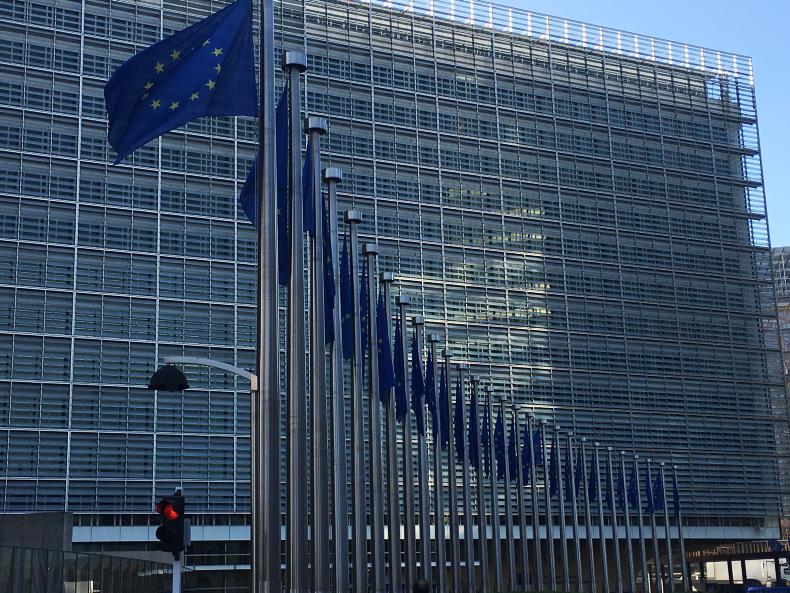With Scotland covered by the UK’s Grocery Code Adjudicator (GCA) since 2013, a consultation is now taking place in Brussels on legislating for EU-wide food chain regulation.
The EU Commission established a taskforce in late 2015, to explore the issue of fairness in the food chain and market transparency beyond the farm gate, and the UK GCA was one of the models they considered.
The taskforce’s report highlighted what it believed to be unfair trading practices (UTP’s), where large corporations had an unfair advantage over small suppliers and farmers. It also recommended greater transparency in the supply chain between product leaving the farm gate and going on to the retail shelf. Establishment of producer collaboration was identified as a means of addressing the imbalance.
The Commission undertook to incorporate action in the report into its work programme this year and this is now underway. An Inception Impact Assessment on ways to address the findings of the report was launched on 25 July for four weeks, inviting feedback from interested parties, and is open until next Tuesday, 22 August. A full 12-week consultation is also due to be launched this week, which will be the final step ahead of possible legislation – which is timetabled for March 2018, if that is the action that is chosen after the consultation.
The fact that 20 out of the current 28 member states have legislated on the issue is presented as evidence across the EU. However, the fact that they have done so indicates that the issue has been addressed at member state level, removing the need for EU intervention. It also presents an obstacle with some members, as there is also a belief that national legislation is sufficient to address the issue. The UK is one such example, where the Grocery Code Adjudicator is considered a fairly effective response that the large retailers do pay attention to.
With a week left on the IIA consultation, 15 responses have been received, but so far none from Scotland or the rest of the UK.
With the GCA now well established in the UK and the imminence of Brexit, there is a logic that domestic focus will concentrate on what is happening within the UK, rather than how Brussels might legislate.






 This is a subscriber-only article
This is a subscriber-only article












SHARING OPTIONS: